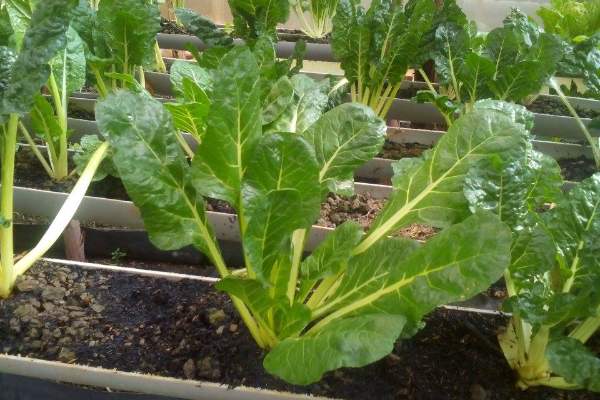The United Nations Children’s Fund (UNICEF), originally known as the United Nations International Children’s Emergency Fund, has helped launch a pilot program in hydroponic vegetable farming as a way to address child malnutrition while also enhancing the resilience of local food systems in Ethiopia.
In this, UNICEF works with partners to advance local solutions to the many problems vulnerable children face — like malnutrition caused by poor diet, often due to a lack of access to affordable nutritious foods.
Hydroponic farming is the practice of growing crops without soil, which saves space. And while conventional methods require rainfall and irrigation, with hydroponic farming, very little water is required — which means plantings can thrive regardless of weather or season. “We can produce year round,” explains Behailu Abreha, founder and general manager of PLC, an agricultural concern in Mekelle and UNICEF’s partner on the project.
The new program is being implemented in Mekelle and in central and southern Tigray, where children and families have long suffered the impacts of violent and prolonged civil conflict.
Crop yields in Tigray, already severely depleted by drought following several failed rainy seasons, were wiped out yet again, this time by drought driven by El Niño, an increasingly damaging weather pattern associated with climate change.
“This kind of initiative will not only help prevent child malnutrition, it will enable families to grow vegetables at a low-cost,” UNICEF Deputy Executive Director Ted Chaiban said after getting a firsthand look at the project during a recent visit.
Members of 50 households have received training in hydroponic farming techniques to get them started cultivating vegetables without soil.










[…] UNICEF launches hydroponic farming program in Ethiopia to combat child malnutrition and strengthen f… […]
Comments are closed.